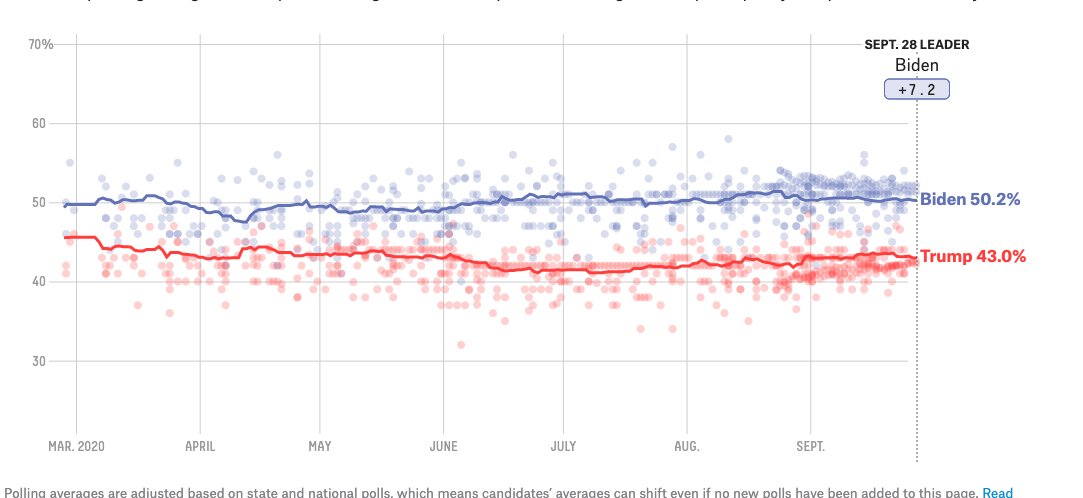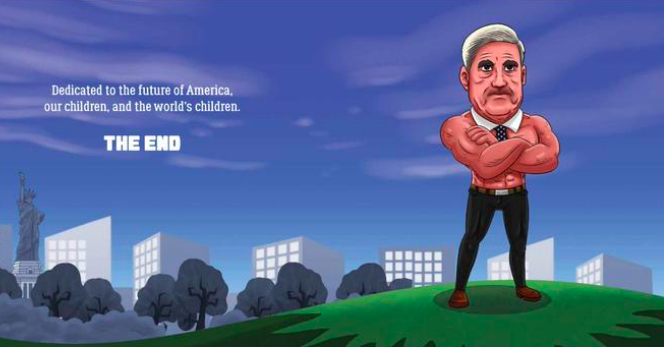
1. So. Richard Hofstadter. Where to start?
2. People have asked me why I'm obsessed with the late historian Richard Hofstadter (1916-1970). The short answer is that he's emblematic of the two paths American liberalism can pick: towards social democracy or towards an alliance with moderate Republicans.
3. During his short life, Hofstadter had two distinct phases: a radical period in 1930s & 1940s followed by a centrist (verging on conservative) period in 1950s & 1960s (with the beginnings of a third, more radical phase cut short by his death)
4. The young Hofstadter used the idea of consensus as a way to criticize the narrowness of American politics, the constraints of property holding individualism that was increasingly unable to deal with the collective problems of industrial society.
5. But by 1950s, fearful of McCarthyism, Hofstadter recast the American consensus as a shield rather than a straight-jacket: a way for wise bipartisan to fend off the unruliness (and potential violence) of unchecked democracy.
6. The anti-populist politics that Hofstadter & a few of his peers (notably Daniel Bell) hammered out in 1950s remains widely influential in elite circles: it's the consensus understanding of what is happening in west: "liberal order under siege from extremists" (Trump, Sanders)
7. Powering this anti-populism is the belief that mass movements that threaten the bipartisan consensus are irrational (motivated by anti-intellectualism, prone to paranoid style). Again, this is not an antiquarian matter: it's how many opinion makers continue to see the world.
8. So: what's wrong with the idea of having a smart bipartisan elite that marginalizes extreme voices of the right and left? Isn't that an attractive approach to politics? Don't we want stability and continuity?
9. One way to see the limits of Hofstadter's vision of consensus is to say that he saw the dangers of the extreme left and extreme right but not the dangers of the extreme center: the way in which a bipartisan elite, unchecked, can carry out mad policies: Viet Nam war.
10. Hofstader's brother-in-law, the socialist novelist Harvey Swados, read his essay on "the Paranoid style" and said: yes, you got Goldwater and the Birch Society down, but isn't what LBJ is doing in Vietnam also an example of the paranoid style.
11. Hofstadter responded to Swados saying, LBJ's policies are wrong, but not irrational. But Swados was right: LBJ thought North Vietnam was puppet of Red China & anti-war movement simply created by communists. That was pure paranoia, as unhinged as any Birch fantasy.
12. In our own day, the biggest disasters have been centrist policies: the Iraq War, the 2008 meltdown followed by quick turn to austerity. Iraq was creation of neo-cons, the most "centrist" part of GOP coalition (many are now Never Trumpers) & supported by Clinton/Biden etc.
13. Hofstadter's widely influential anti-populism encourages an elite complacency that has repeatedly led to disaster. More thoughts here: thenation.com/article/cultur…
• • •
Missing some Tweet in this thread? You can try to
force a refresh





